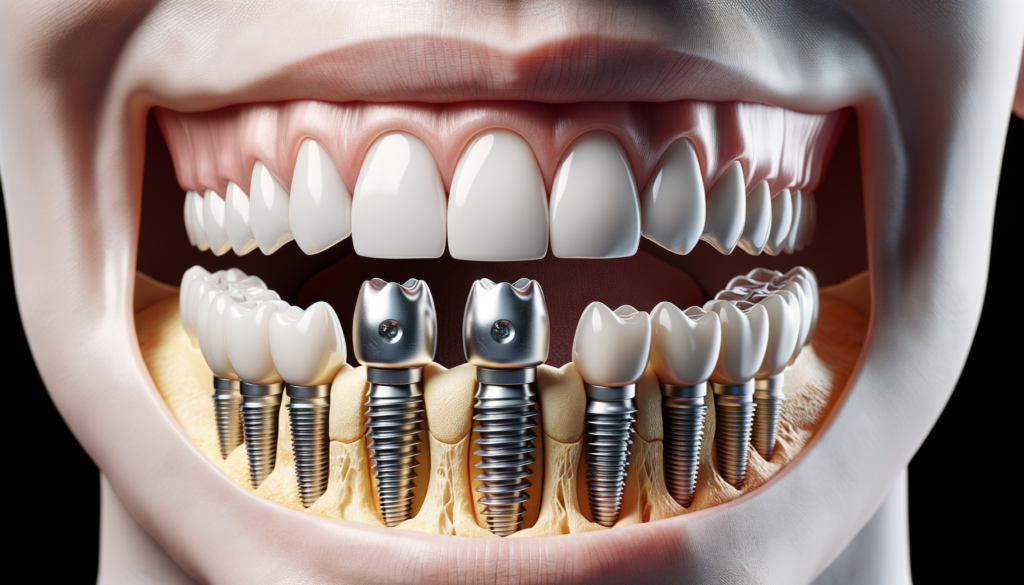The Technology Blog

How To Qualify For A Dental Implants Clinical Trial In Europe
Understanding Dental Implant Clinical Trials
Dental implants have revolutionized the way we approach tooth loss, offering a durable and aesthetically pleasing solution. However, the cost of these procedures can be prohibitive for many. This is where dental implant clinical trials come into play, especially in Europe. These trials not only provide access to cutting-edge dental procedures under expert supervision but also significantly reduce financial barriers for participants. The primary aim of these trials is to test new techniques, materials, or devices to improve dental implant technology. Participants in these trials can benefit from the latest advancements in implant dentistry while contributing to the development of future treatment standards.
To qualify for a dental implant clinical trial, candidates must typically undergo a thorough dental assessment. This assessment ensures that the participant’s oral health aligns with the specific requirements of the trial. Factors such as the condition of the jawbone, gum health, and overall dental hygiene are evaluated. Once qualified, participants receive professional care throughout the trial, ensuring their safety and the integrity of the research. This opportunity to access high-quality dental care while contributing to scientific research makes clinical trials an attractive option for many.
Eligibility Criteria for Dental Implant Trials
Eligibility for dental implant clinical trials can vary significantly depending on the specific goals and requirements of the study. Generally, candidates must meet certain criteria that may include age, health status, and specific dental conditions. For instance, some trials may focus on individuals with particular bone density issues or those who have experienced complications with previous dental work. It is crucial for potential participants to understand these criteria before applying.
Typically, the selection process involves several steps:
- Initial Screening: This may involve filling out a questionnaire about your dental history and current health status.
- Dental Examination: A comprehensive dental exam is conducted to assess the condition of your teeth, gums, and jawbone.
- Medical Evaluation: A health check to ensure that you do not have any medical conditions that could interfere with the trial.
Once these evaluations are complete, the research team will determine your eligibility. If accepted, you will be informed about the trial process, potential risks, and benefits. This transparency ensures that participants are fully aware of their involvement and can make informed decisions.
Benefits and Considerations for Participants
Participating in a dental implant clinical trial offers numerous benefits, but it also requires careful consideration. One of the primary advantages is access to advanced dental care at little or no cost. This can be particularly appealing for those who might not otherwise afford such treatments. Additionally, participants often receive comprehensive follow-up care, ensuring that any issues arising from the implant procedure are promptly addressed.
However, it is essential to weigh these benefits against potential risks. As with any medical procedure, there are inherent risks involved, such as infection or implant failure. Participants should discuss these risks with the clinical trial team to fully understand what the trial entails. Furthermore, the commitment to a clinical trial can be significant, often requiring multiple visits and long-term follow-up.
Ultimately, the decision to participate in a dental implant clinical trial should be made after careful consideration of all factors involved. It is an opportunity to receive high-quality care and contribute to important research that can benefit many others in the future.









